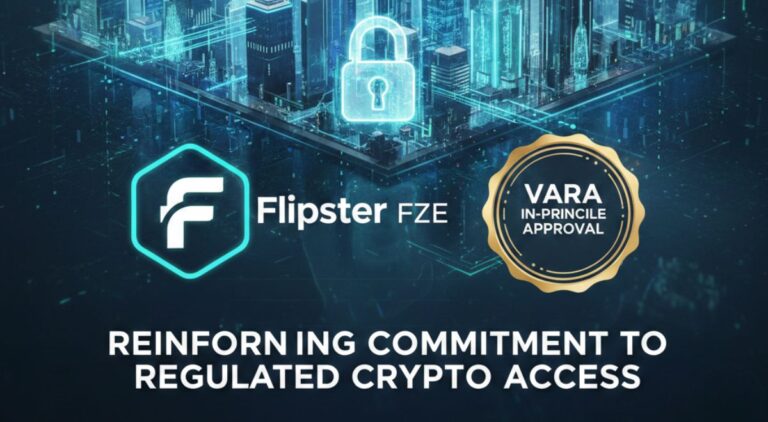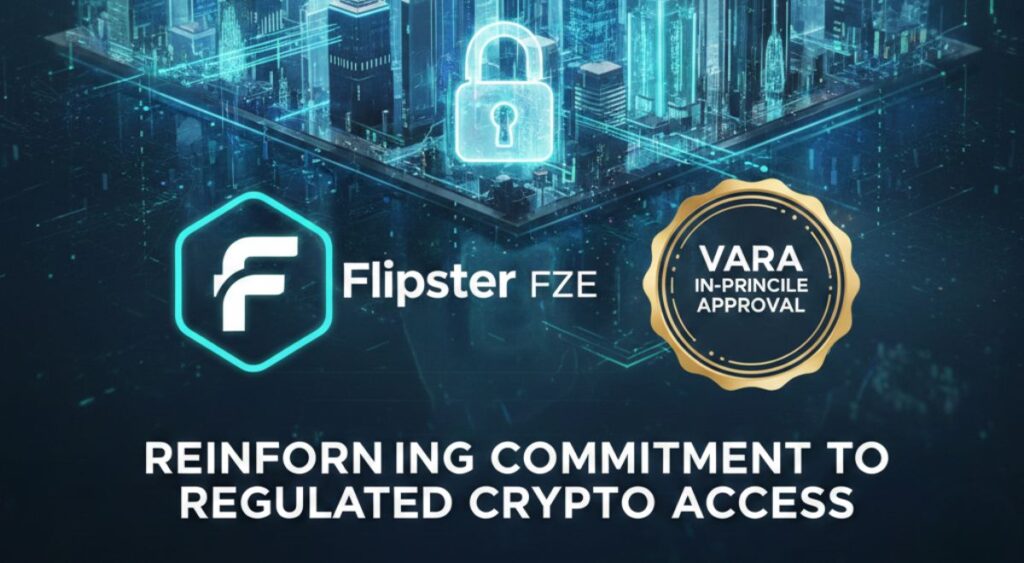Lib Work Co., a Japanese company specializing in 3D-printed housing, has become the latest non-crypto firm to adopt blockchain-based assets. The move comes just a month after the company launched an initiative using NFTs to tokenize its home blueprints.
Bitcoin Added to Corporate Treasury
In a statement issued after its latest board meeting, Lib Work announced plans to purchase 500 million Japanese yen ($3.3 million) worth of Bitcoin as part of its corporate treasury strategy. The company cited inflationary risks in Japan and the vulnerability of holding too much cash as key drivers of its decision.
“Therefore, our company has decided to adopt a phased approach to acquisition and holding, in response to these risks and to prepare for future growth areas with overseas operators,” the company said.
At current prices—around $115,377 per Bitcoin—the investment could secure roughly 28 BTC, placing Lib Work at number 105 on the list of global corporate Bitcoin holders, ahead of French payment provider BD Multimedia.
A Phased Buying Strategy
Lib Work plans to acquire Bitcoin gradually between September and December, using crypto exchanges for the purchases. The company also confirmed that it will establish a risk management framework to oversee its treasury exposure to digital assets.
The phased approach reflects a cautious entry into cryptocurrency markets, balancing the potential for long-term growth against volatility risks.
Pivot to Blockchain: From NFTs to Bitcoin
The Bitcoin purchase comes shortly after Lib Work debuted an NFT initiative that tokenizes 3D-printed house blueprints. The company launched its first NFT-backed property blueprint on July 25, issuing a digital certificate for the Lib Earth House Model B.
The NFT functions as a certificate of ownership tied to the physical property, while also storing critical information such as the house’s ID, design history, and ownership record. By anchoring these details on the blockchain, Lib Work aims to protect its intellectual property from unauthorized use and blueprint plagiarism.
“Because 3D printed houses are based on digital designs, protecting the rights to these design files and managing their licenses is essential,” the company said in its July statement.
Beyond Art: NFTs Enter Real Estate
The firm emphasized that blockchain applications are no longer confined to art and music. Instead, they are rapidly expanding into real estate and intellectual property management. NFTs, Lib Work argues, can secure housing design rights, ensure transparency in ownership, and build trust between developers, buyers, and investors.
In addition, the company sees NFTs as a step toward creating new housing distribution models in both physical and digital spaces. By combining 3D-printed construction with blockchain authentication, Lib Work believes it can open international housing markets tied to Web3 and the metaverse.
Addressing Construction Industry Challenges
Japan’s construction industry, like many others, is grappling with labor shortages and rising material costs. According to Lib Work, these challenges highlight the limitations of traditional building methods.
The company argues that 3D printing technology, paired with blockchain-based digital assets, offers solutions:
- Lower labor needs by automating building processes.
- Reduced construction time compared with conventional housing.
- Lower material costs through optimized printing techniques.
- Global market potential by distributing digital housing assets and blueprints across borders.
“By creating NFTs for 3D printed houses, Lib Work will build new housing distribution mechanisms for investors and users worldwide, actively promoting international brand value and expansion into new markets,” the company said.
A Company Reinventing Itself
Founded in 1997, Lib Work has steadily evolved into a tech-forward real estate developer. Originally operating as a traditional housing firm, it rebranded in 2018 and pivoted toward internet-based sales, virtual reality home tours, and most recently, 3D-printed housing solutions.
The company primarily sells detached homes and real estate properties online, combining digital platforms with innovative building technologies.
Now, with Bitcoin adoption and NFT integration, Lib Work is positioning itself not only as a real estate innovator but also as a pioneer at the intersection of blockchain and housing.
Looking Ahead
Lib Work’s dual strategy—adding Bitcoin to its balance sheet and tokenizing housing designs via NFTs—signals a bold embrace of blockchain technologies. For the company, these moves are not just financial experiments but a broader bid to future-proof its business in both domestic and international markets.
As inflationary pressures and technological disruption reshape global real estate, Lib Work’s pivot could serve as a blueprint for how non-crypto industries leverage blockchain to secure intellectual property, diversify assets, and expand into new digital frontiers.
















